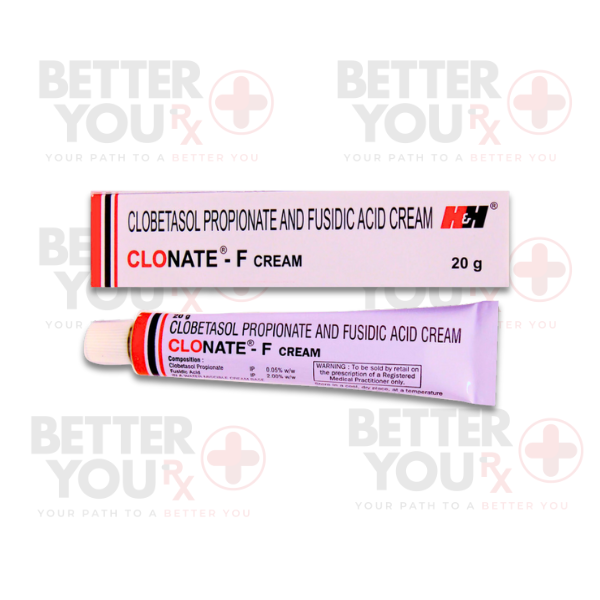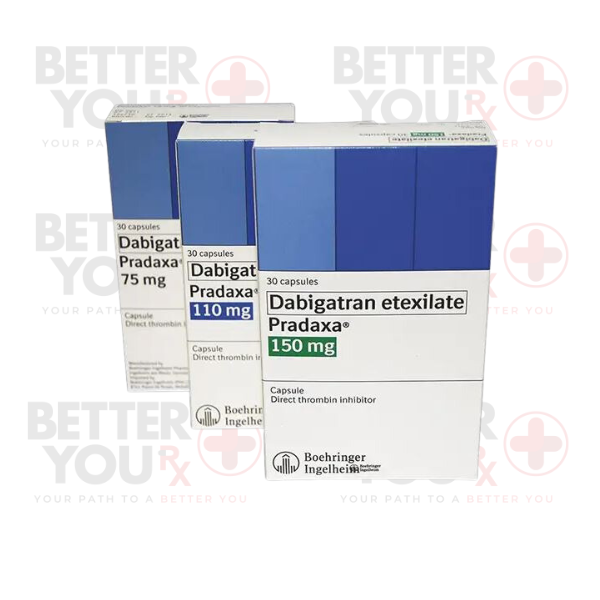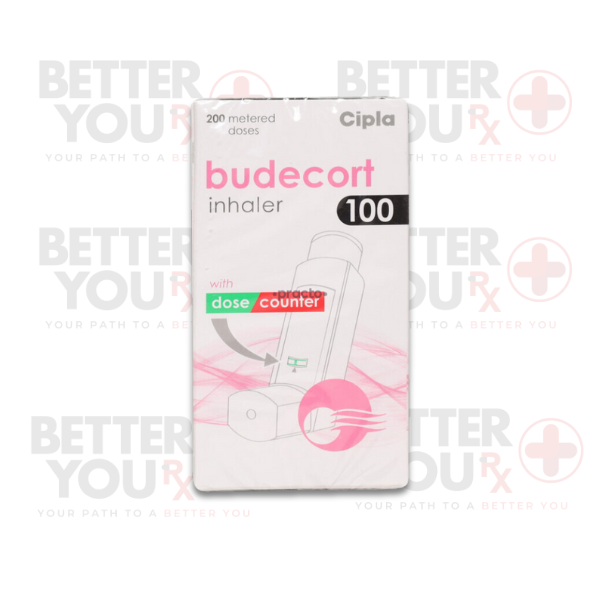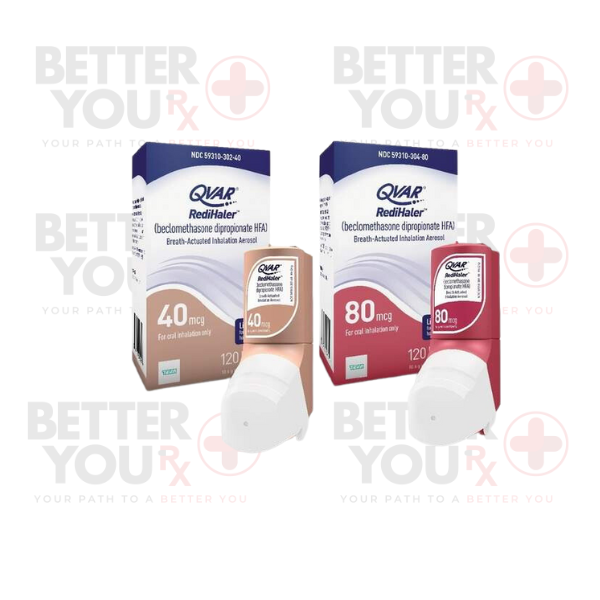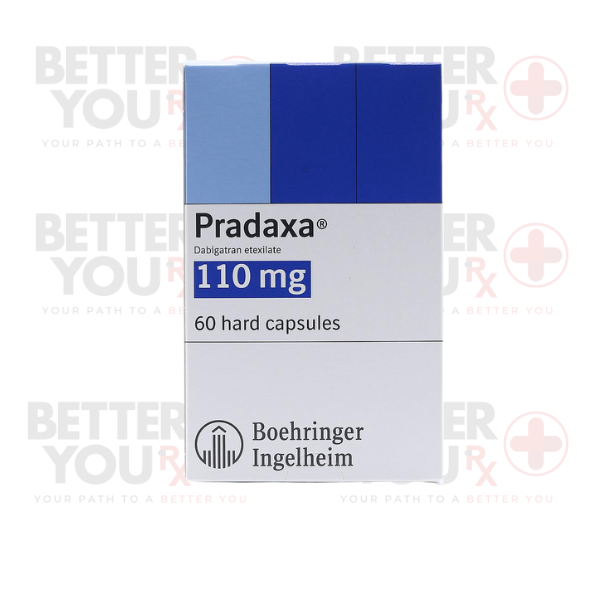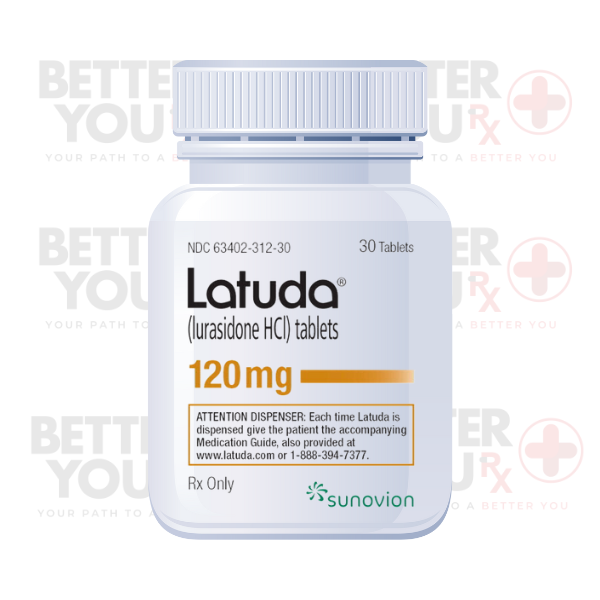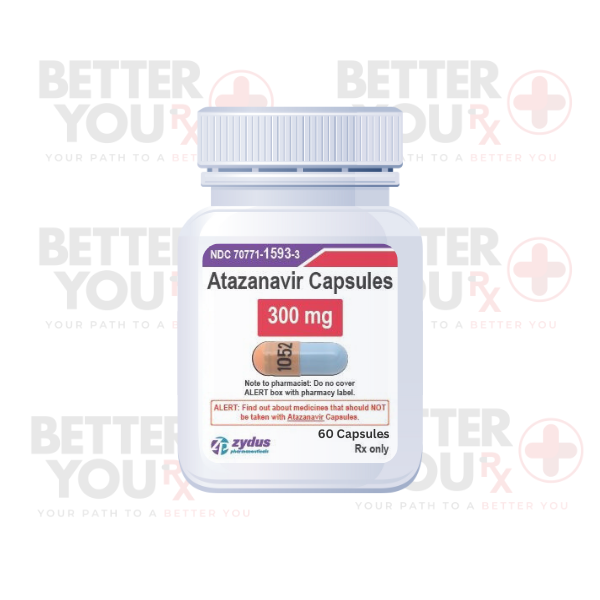| Uses of Clonate Ointment |
Clonate Ointment is primarily used to treat a variety of skin conditions where inflammation, itching, and irritation are present. Here are its main uses:
Dermatitis: Clonate Ointment helps reduce inflammation and relieve symptoms associated with different types of dermatitis, including contact and atopic dermatitis.
Eczema: It is effective in managing eczema by reducing skin redness, itching, and dryness, providing relief from discomfort.
Allergic Reactions: The ointment helps alleviate skin reactions due to allergies, soothing rashes, swelling, and other related symptoms.
Psoriasis: Clonate Ointment may be used for certain cases of psoriasis, helping to reduce thickened, scaly patches on the skin.
Other Skin Irritations: It can also be prescribed for other skin conditions where anti-inflammatory treatment is required, as determined by a doctor.
The ointment works by decreasing the body's immune response in the affected skin area, thereby reducing symptoms like swelling, redness, and itching.
|
| Benefits of Clonate Ointment |
Clonate Ointment offers numerous benefits for managing skin conditions characterized by inflammation and irritation. One of its primary advantages is its effectiveness in providing rapid relief from inflammation by reducing swelling and redness, making it particularly helpful for conditions like dermatitis and eczema. Additionally, it alleviates itching and discomfort, significantly improving the quality of life for individuals suffering from chronic skin issues. The ointment also minimizes allergic reactions, soothing skin irritations and helping to prevent further discomfort. By controlling symptoms such as redness and swelling, Clonate Ointment promotes a faster healing process, allowing damaged skin to recover more quickly. Furthermore, regular use as prescribed can prevent the worsening of skin conditions, leading to healthier skin over time. Its convenient topical application allows users to target specific issues directly, minimizing the impact on unaffected areas of the body. Overall, these benefits make Clonate Ointment a reliable option for managing skin conditions under medical supervision.
|
| Side effects of Clonate Ointment |
Clonate Ointment, while effective for treating various skin conditions, may cause some side effects. Common side effects include:
Skin Thinning: Prolonged use of Clonate Ointment can lead to thinning of the skin, making it more susceptible to injuries and irritations.
Burning Sensation: Some users may experience a burning or stinging sensation upon application, which is usually temporary.
Irritation and Redness: The affected area may become irritated or red, especially with excessive use or if applied to sensitive skin.
Dryness: Clonate Ointment can cause dryness in the treated area, which may require the use of additional moisturizers.
Folliculitis: In some cases, users may develop inflammation of the hair follicles, leading to bumps or discomfort.
Acne or Worsening of Existing Acne: The ointment may exacerbate acne in some individuals, particularly if applied to areas prone to breakouts.
Allergic Reactions: Although rare, some users may experience allergic reactions, resulting in severe itching, rash, or swelling. If this occurs, immediate medical attention is necessary.
While many side effects are temporary and resolve with continued use or discontinuation of the ointment, it is essential to inform your doctor if you experience any persistent or worsening symptoms.
|
| How to use Clonate Ointment |
Using Clonate Ointment correctly is essential for achieving the best results while minimizing potential side effects. This medicine is for external use only. Always use it in the dose and duration prescribed by your doctor. Before application, check the label for specific directions.
Prepare the Area: Clean the affected area gently using mild soap and water, then pat it dry with a clean towel.
Apply a Thin Layer: Using clean hands or a cotton swab, apply a thin layer of Clonate Ointment to the affected area. Gently massage the ointment into the skin to ensure even coverage.
Avoid Sensitive Areas: Take care to prevent contact with sensitive areas such as the eyes, nose, or mouth. If the ointment accidentally gets into these areas, rinse thoroughly with plenty of water.
Do Not Cover: Unless advised by your doctor, avoid covering the treated area with airtight dressings, such as bandages, as this can increase absorption and lead to side effects.
Wash Your Hands: After application, wash your hands thoroughly to prevent unintentional transfer of the medication to other areas or individuals.
Monitor Your Skin: Keep an eye on the treated area for any signs of irritation or adverse reactions. If you notice any persistent or worsening symptoms, contact your doctor.
Follow Up: Schedule follow-up appointments with your doctor to assess the effectiveness of the treatment and make any necessary adjustments.
By adhering to these guidelines, you can maximize the benefits of Clonate Ointment while minimizing the risk of side effects.
|
| How Clonate Ointment works |
Clonate Ointment is a topical corticosteroid used to treat various skin conditions, including eczema, dermatitis, and allergic reactions. It works by reducing inflammation, redness, and itching in the skin. The active ingredients in Clonate Ointment inhibit inflammatory mediators, which helps decrease swelling and irritation. This ointment also narrows blood vessels, further reducing redness and swelling. Additionally, Clonate Ointment provides relief from itching by calming the skin's immune response. It enhances the skin's barrier function, promoting healing and preventing moisture loss. For effective results, apply a thin layer to the affected area as directed by your doctor.
|
| Breastfeeding |
Breastfeeding
Clonate Ointment may be unsafe during breastfeeding. Limited data in humans suggest that the medication could pass into breast milk and potentially harm the nursing infant. It is important to discuss with your healthcare provider before use.
|
| Pregnancy |
Clonate Ointment may not be safe to use during pregnancy. While there are limited studies involving humans, animal research has indicated potential risks to the developing fetus. Your healthcare provider will assess the benefits and risks before prescribing this medication. Please consult your doctor for guidance.
|
| Overdosing |
Overdosing on Clonate Ointment is rare but can occur if the ointment is applied excessively or inappropriately. Symptoms of an overdose may include increased irritation, redness, or a burning sensation at the application site. In more severe cases, prolonged use of excessive amounts of corticosteroids can lead to systemic side effects such as hormonal imbalances, skin thinning, and adrenal suppression. If you suspect that you have applied too much Clonate Ointment or experience any concerning symptoms, it is crucial to seek medical attention immediately. Always adhere to the prescribed dosage and application guidelines provided by your healthcare provider to minimize the risk of overdose and ensure safe use.
|
| How to Store Clonate Ointment |
To maintain the efficacy of Clonate Ointment, it is essential to store it properly. Keep the ointment in its original container, tightly closed, and away from direct sunlight and moisture. Store at a temperature between 15°C and 30°C (59°F to 86°F) for optimal preservation. Avoid storing Clonate Ointment in the bathroom, as humidity can affect the product's stability. Ensure that it is kept out of reach of children and pets to prevent accidental ingestion or misuse. If the ointment has expired or shows any signs of discoloration or changes in consistency, do not use it and dispose of it properly according to local regulations.
|
| FAQs About Clonate Ointment |
1. How long does it take for Clonate Ointment to work?
The effects of Clonate Ointment can vary depending on the severity of the condition being treated. Many users may start to notice relief from symptoms such as itching and inflammation within a few days of consistent application, but complete results can take longer. It's important to follow your doctor's recommendations for use.
2. Can Clonate Ointment be used on the face?
Clonate Ointment can be used on the face, but only if directed by a healthcare professional. The skin on the face is typically more sensitive, so it’s essential to consult your doctor to ensure that it’s appropriate for your specific condition and to avoid potential side effects.
3. Is Clonate Ointment suitable for children?
Clonate Ointment is generally not recommended for use in children unless specifically prescribed by a healthcare provider. Children's skin can be more sensitive, and using corticosteroids may carry different risks. Always consult your doctor for advice on treating pediatric patients.
4. What should I do if I experience an allergic reaction to Clonate Ointment?
If you experience signs of an allergic reaction, such as rash, itching, swelling, or difficulty breathing after using Clonate Ointment, seek immediate medical attention. It is crucial to discontinue use and consult your doctor for further evaluation and treatment options.
|

